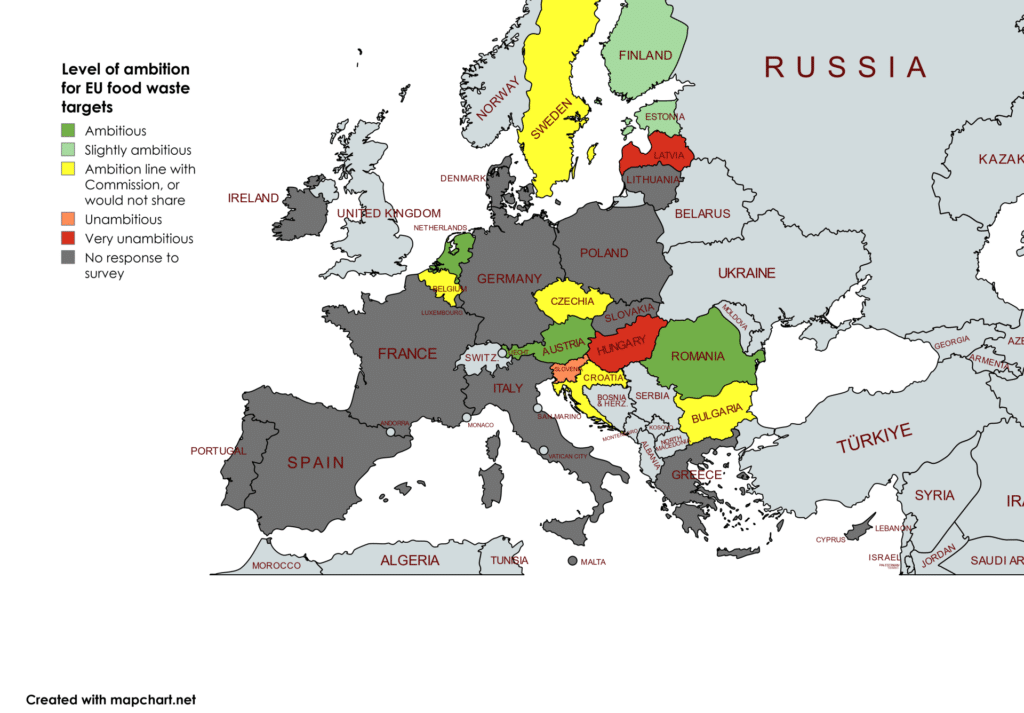The European Union is moving towards more sustainable food management. Representatives of the Council and the European Parliament have reached a preliminary agreement on a targeted revision of the Waste Directive, which for the first time sets specific targets to reduce food waste by 2030. However, while the generation of such waste will be significantly reduced, it cannot be completely avoided. A sustainable solution is to recycle it, which is being pursued in the Czech Republic by the Energy financial group and its “tridimgastro.cz” project. Organic waste does not end up in landfills, but is processed into biomethane, electricity and heat in a low-emission way.
Although food waste has a high energy potential and around 60 million tonnes are generated annually in EU countries, it often remains unused and ends up in landfills. In economic terms, the market loses up to €132 billion (CZK 3.29 trillion) a year as a result of food waste. In addition to the economic impact, the amount of food waste produced results in 252 million tonnes of CO2 emissions throughout the food chain. The European Union has therefore now tentatively committed to specific and first-ever targets to address these problems by 2030.

More data about foodwaste HERE
One of the main commitments for countries under the new European legislation is to reduce the amount of waste generated in the food processing and manufacturing sectors by 10% compared to the average amount of food waste generated in these sectors between 2021 and 2023.The EU also aims to reduce the amount of waste generated in retail, restaurants, catering and households by 30% per capita compared to the same period.
“The new European targets reflect the need not only to prevent waste but also to manage more efficiently what has already been produced. In the Czech Republic alone, up to 2 million tonnes of biodegradable waste are generated annually and end up unused in landfills, where they threaten the environment. Diverting this waste from landfill could save over 200 million m3 of carbon dioxide emissions and over 300 million m3 of methane emissions, which cause the so-called greenhouse effect. Thanks to our collection company and our ‘tridimgastro.cz’ service, households, food businesses, large food manufacturers and supermarkets can easily sort them and we can then convert them into electricity, heat and gas in a low-emission way,” explains EFG spokesperson Barbora Formánková.
More than 300 gastro-vendors and almost 30 towns and municipalities in Moravia and Silesia are already participating in the collection of gastro-waste in the Czech Republic through the tridimgastro.cz project. By taking food waste to the biogas stations EFG Rapotín BPS and EFG Vyškov BPS, not only restaurants, school canteens and catering establishments, but also supermarkets and large food manufacturers such as Kaufland, Lidl and OLMA reduce the amount of waste in landfills. Thanks to this, EFG Waste logistic managed to transport 20,000 tonnes of biodegradable waste last year.

